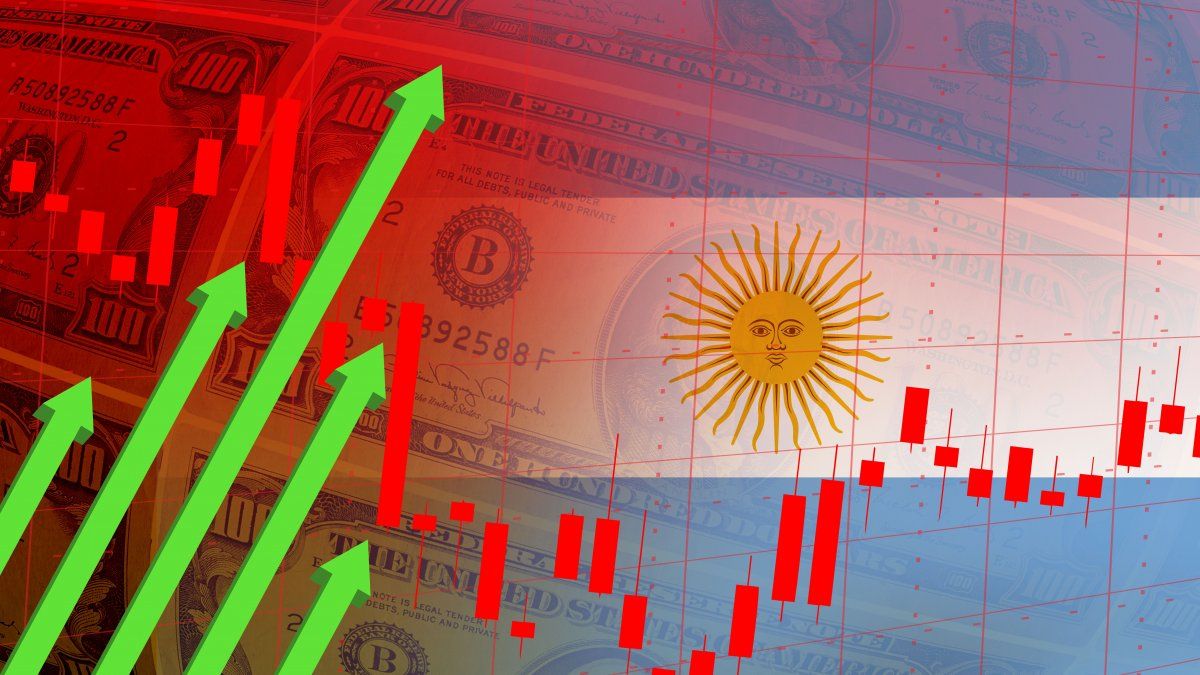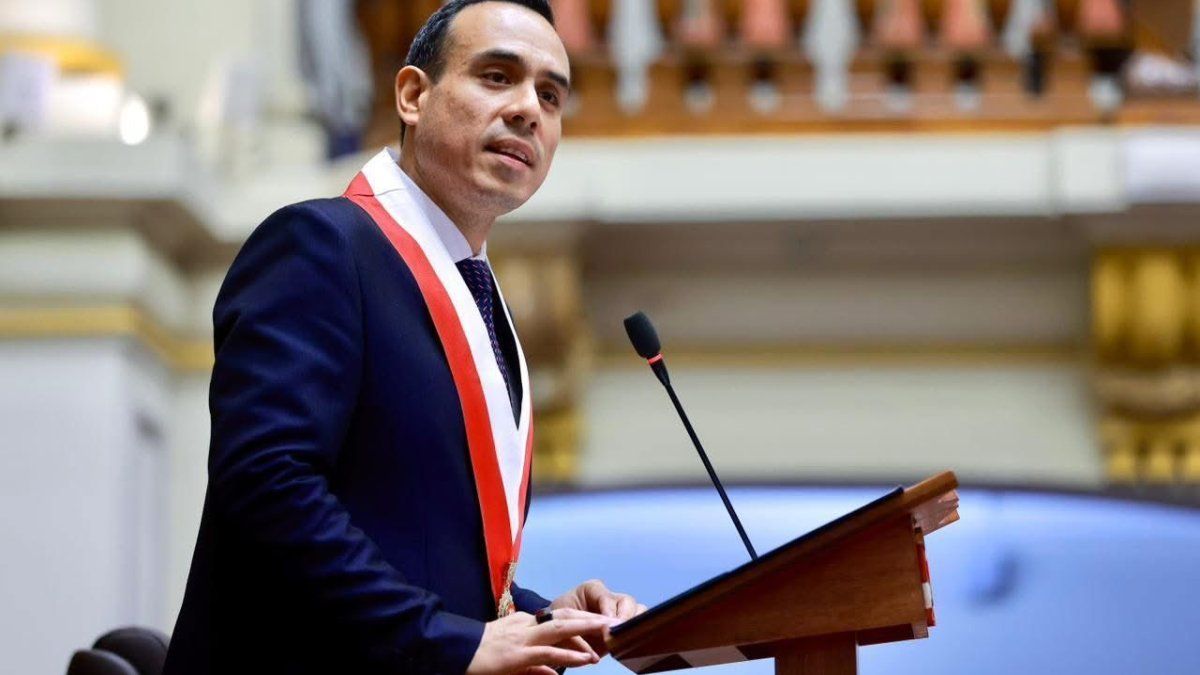Javier Milei celebrates 100 days since he took office. Since then, the President of the Nation together with the Minister of Economy, Luis Caputo, carried out a series of economic measures that included a 100% devaluation. Since then, although macroeconomic variables improved, the recession that the economy is suffering is palpable in various sectors.
According to Econviews, “in the first three months of Milei, the Government made strong progress in correcting macro imbalances: the Central Bank bought foreign currency in the MULC for more than US$10,000 million, reached a financial surplus in January and began the adjustment in relative prices. Inflation skyrocketed in the first months, but in February it returned to the levels of 4Q2023 and the most notable thing is that people show patience and maintain their support for the Government despite the drop in income and consumption.
However, it makes a series of warnings about the economic outlook taking into account the following variables:
- Footstepped imports
- Fiscal surplus due to pension liquefaction
- Unpaid expenses
- COUNTRY tax
- Inflation drops due to strong recession
- 2% crawling peg
100days.PNG
Dollar and the exit from the stocks
In these 100 days the Dollars Free exchangers aligned devaluation expectations in line with the government’s monetary policy and in fact some prices rose at a slower pace than the official rate.
Facundo Herrera, Research Analyst at Grupo IEB sstated: “Despite the devaluation that took the exchange rate from $360 to $800 and the accumulation of 70% inflation in the first three months of management, the CCL remains at values similar to those of mid-December. The rate “The current financial exchange rate represents a minimum since the 2019 PASO with a gap barely greater than 20%, which a priori would lead one to think that the conditions are in place for the release of the stocks with minimal devaluation impact.”
Making a quick evaluation, the economist Gustavo Ber indicated that there was a marked reduction in the “gap”, since the immediate implementation of the fiscal balance and the monetary squeeze arouses confidence regarding slowing down inflation and being able to get out of the trap in the future.”
Anyway, completeto Facundo Herrera from IEB, there are still some obstacles to abandoning exchange controls. Firstly, there is an important restricted demand due to the maintenance of the MULC-CCL cross restrictions (among many other regulations applied by the previous management in order to contain financial dollars), while supply continues to be fed with 20% of exporters’ settlements.
The first step towards exchange rate unification should come from the gradual release of restrictions, walking safely and avoiding an immediate total release that would trigger quotes.
On the horizon, it also places another obstacle that comes from the collection side, since the release of the stocks would imply the elimination of the COUNTRY taxan important source of income for the public sector amid the drop in the level of activity: in February it represented 8% of total tax collection.
Given the objective of fiscal balance, a hasty exit from the stocks without collection recovery It could put greater pressure on said goal and push for a greater adjustment in spending.
Source: Ambito




